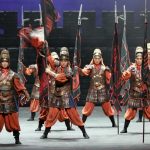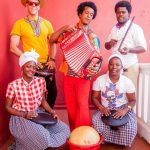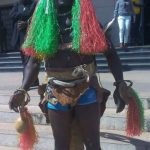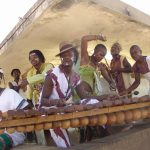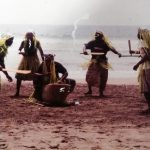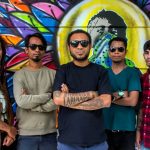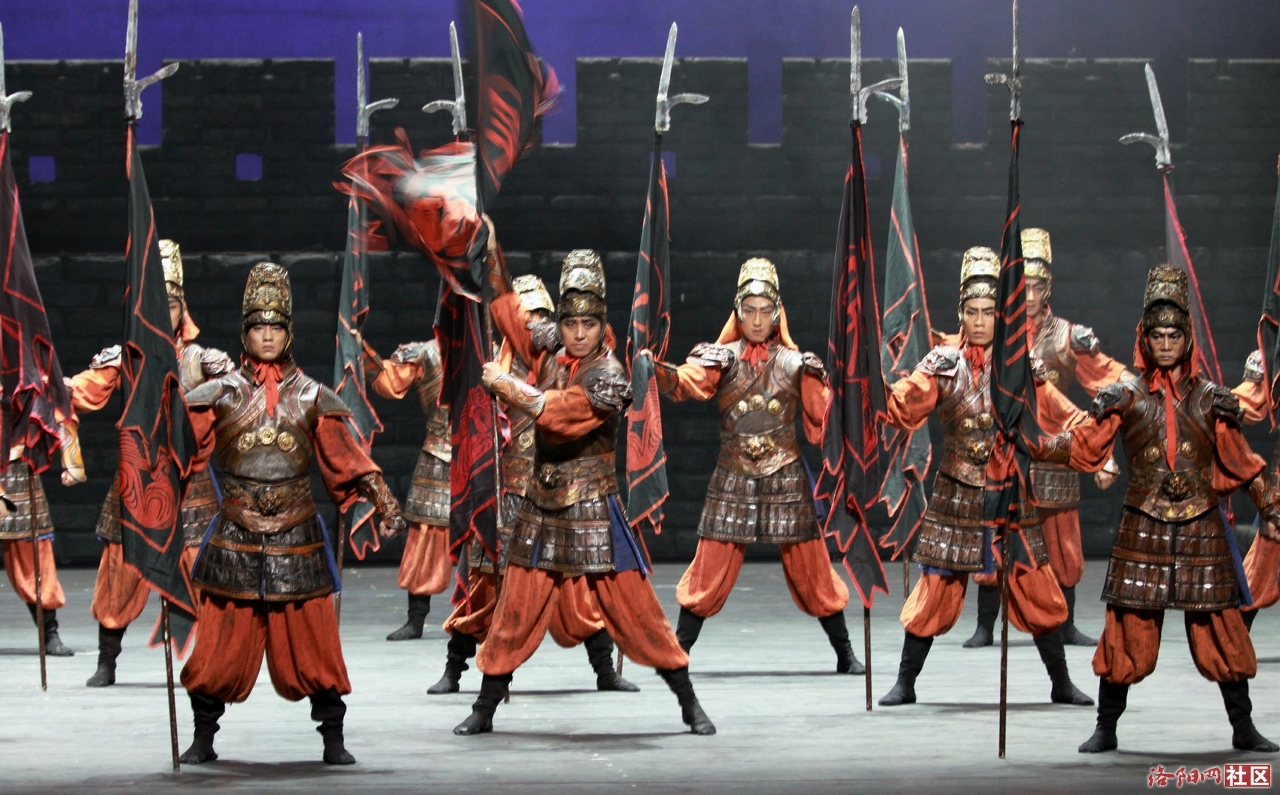 Jingzhou Theater Group of Hubei Province,China
Jingzhou Theater Group of Hubei Province,China
The “Traditional Music and Dance Performances from China and Portuguese-speaking Countries”, organized by the Cultural Affairs Bureau, one of the highlights of the “2nd Encounter in Macao – Arts and Cultural Festival between China and Portuguese-speaking Countries”, will be held from 6:30pm to 8:30pm, from 29 June to 30 June, and from 6 July to 7 July, at Iao Hon Market Garden and Carmo Fair, Taipa, presenting a number of extraordinary performances. Art troupes from Jingzhou, Hubei Province, and art groups from eight Portuguese-speaking countries were invited to bring enthusiastic music and dance performances to the community, showcasing the unique charm of Chinese and Portuguese performing arts and creating a festive atmosphere. Admission to the activities is free and the public is welcome to participate.
Eight distinctive traditional music and dance performances will be presented at Iao Hon Market Garden and Carmo Fair in Taipa, for two consecutive weekends. The Jingzhou Theatre Group from Hubei Province presents the best of traditional Han Opera to demonstrate the essence of Chinese arts; Kilandukilu from Angola tells local history with distinctive music and dance; Democratas do Samba from Brazil combines samba music with modern music rhythms and offers enthusiastic dance performances by dancers in colourful samba costumes; Gil Moreira from Cape Verde presents modern music with cimboa, gaita and ferrinhos, typical musical instruments in extinction in Cape Verde; Grupo Cultural ATE, a Guinea-Bissau group that regularly performs at major art festivals, will play Bijagos Kundere music, the most popular traditional music of the island; Timbila Muzimba from Mozambique presents dance that combines traditional musical instruments such as “timbila” with contemporary music such as rock, hip-pop and jazz, among others; Trabucos from Portugal, who frequently change the instrument during the performance, are dedicated to promoting medieval music interpreted by a great diversity of traditional musical instruments, enabling the audience to appreciate multiple instruments at the same time; Quina de Ribeira Afonso from São Tomé and Príncipe uses canoe paddles as a musical instrument to support their ritual dances before the men left for a fight; Galaxy from East Timor is popular with reflecting local social issues and the love for freedom in their music.
Admission to the activities is free and the public is welcomed to participate. For more information about the performance schedule and introduction of the art troupes, please visit the webpage of the “2nd Encounter in Macao – Arts and Cultural Festival between China and Portuguese-speaking Countries” at www.icm.gov.mo/FCP or follow the “IC Art” Page on Facebook and subscribe to the WeChat account “ICmacao”.


